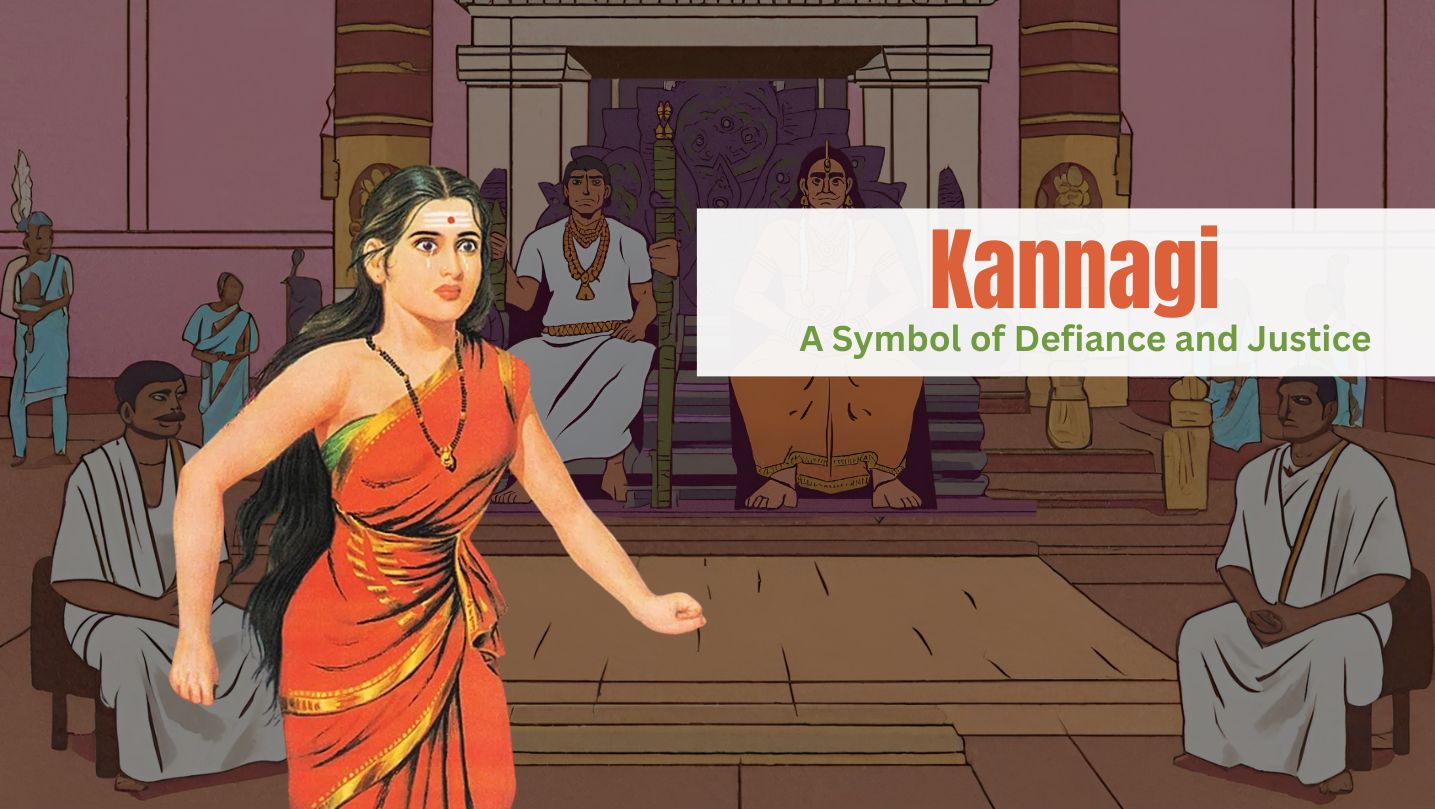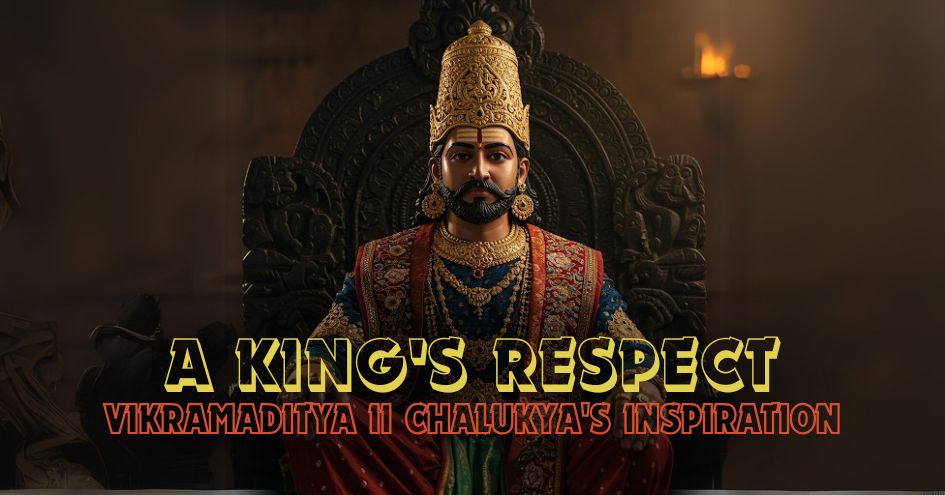
Kannagi, a legendary Tamil woman, stands as a central figure in the South Indian epic, Silappadhikaram (The Tale of the Anklet). While often portrayed as an epitome of chastity, Kannagi's story transcends this limited interpretation. Her actions reveal the complexities of a woman seeking justice and defying a flawed system.
Written by Ilango Adigal in the first century A.D., Silappadhikaram delves into the lives of ordinary Tamils under the Pandyan Dynasty. Professor A.L. Basham, in his book "The Wonder that was India," hails it as a powerful testament to the "early Tamils' ferocity, respect for justice, and unique political ideals."
Kovalan, a wealthy merchant's son, marries the virtuous Kannagi. Their happiness is disrupted when Kovalan falls for the dancer Madhavi, squandering his wealth and neglecting his wife. Repentant, he returns to Kannagi, who forgives him. Faced with financial hardship, they decide to seek a fresh start in the bustling city of Madurai.
In Madurai, tragedy strikes. Kovalan attempts to sell one of Kannagi's precious anklets, unaware that the queen's similar anklet has been stolen. A dishonest court jeweler accuses Kovalan, leading to his wrongful execution upon the king's orders.
Fueled by grief and indignation, Kannagi confronts the king. With unwavering conviction, she exposes the truth by revealing the distinct gemstones in her anklet, contrasting them with the queen's pearls. Overwhelmed by shame for their hasty judgment, the king and queen take their own lives.
Kannagi's story goes beyond glorifying blind devotion. Her actions symbolize the courage to confront injustice and the strength to demand accountability, even from an authority figure. Kannagi's boldness contradicts the image of a meek woman simply enduring her husband's transgressions.
Kannagi's influence extends beyond Tamil Nadu. Revered as "Kannaki Amman" and "Kodungallur Bhagavathy," she is worshipped in Kerala and Sri Lanka under various names. Her story continues to resonate across cultures, reminding us of the fight for justice and the enduring human spirit.
 Dakshinamurthy is a scholar and researcher of Indic themes and a contributing writer of The Verandah Club
Dakshinamurthy is a scholar and researcher of Indic themes and a contributing writer of The Verandah Club
NEXT ARTICLE

Indian History is rife with conflict between kings for power, territory and regional supremacy. We have seen instances where kings have made it a poin...

"Saare Jahaan Se Accha, Hindustan Hamara!"These immortal words, spoken by Squadron Leader Rakesh Sharma from the vast expanse of space in 1984, When t...

High in the rugged, unforgiving terrain of Jammu and Kashmir’s Reasi district, where the Chenab River slices through deep gorges and the Himalayas loo...